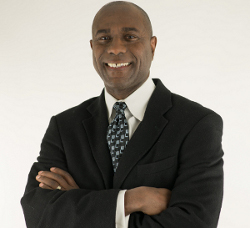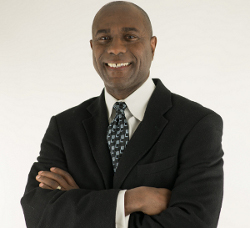As we begin the new year, many of us make resolutions to make improvements both to help our own lives as well as our loved ones. We might also take this time to recognize the opportunity to help improve our philanthropic choices as well. Organizations rely on donor generosity to carry out their work throughout the year, not just during the giving season. In this spirit, here are some ideas that might assist you in getting a good start on giving in 2017:
Reactive vs. Proactive Giving.
Many donors wait until they are asked by a soliciting organization to donate or base their decision on recommendations made by family members, friends or business acquaintances. Then, of course, we respond to disasters and tragedies that motivate us to help in some way by contributing to charities providing relief assistance. One other approach to consider is to seek out charities at your own initiative and take the time to identify and research the causes and groups that you care about the most.
Be Wary of Overly Emotional Pleas.
When a circumstance pushes our emotional buttons, we feel compelled to respond immediately. Whether it’s a mass shooting or a devastating tornado, the donor response is quick and sometimes overwhelming. It’s certainly understandable to transform our empathy into a charitable contribution, but we must also remember in 2017 to not let emotions overrule our good sense. Check out relief organizations before you make a gift, don’t let the emotion of the moment result in being taken by a questionable solicitor.
Small Gifts or Larger Contributions?
While charities don’t expect a donation from every single individual who receives their appeals, some donors are compelled to provide smaller donations spread out among many organizations. In contrast, others might be more selective in their charitable choices and will make larger contributions to a select group of charities. BBB WGA is sometimes asked which approach is better? It really is a personal decision for the contributor. No matter how many charities a donor supports, we hope s/he will remember to check out each charity before a gift is sent.
Single or Monthly Donations?
The option to donate monthly is a popular one among a number of charities since it can help some donors spread out their generosity and make a larger cumulative gift. It’s okay for donors to choose that alternative but they should not be pressured into making that decision. If a donor feels they are being pushed, best to walk away and take the time to make sure about that commitment.
Giving to Trusted Charities.
Of course, in all giving scenarios, we urge donors to always verify the trustworthiness of charities by checking our reports on Give.org to identify whether the subject charities meets the BBB Standards for Charity Accountability.
On a separate note, as part of our Building trust video series, we are pleased to provide our short interview with Kevin Washington, President and CEO of YMCA of the USA (a BBB Accredited Charity) who speaks about programs that influence and shape young people. YMCA of the USA serves as the national resource for the Y to strengthen its member associations ability to effectively carry out the YMCA mission in their communities.
We are always working with charities to publish or update reports for donors. Visit Give.org or local BBBs to check out any charity before giving. Our recently evaluated charities include:
Finally, remember to let us know by going to https://www.give.org/ask-us-about-a-charity1/ if you are interested in seeing a report on a charity not on the list and we will do our best to produce one.
H. Art Taylor, President & CEO
BBB Wise Giving Alliance











 For many charities, especially the nationally soliciting charities evaluated by BBB
Wise Giving Alliance, the future may belong to the Internet, but direct mail fundraising is still king. While online giving and social media made significant strides in raising charity dollars in the philanthropic marketplace, recent statistics
show that online giving accounted for just 6.4% of overall fundraising revenue in 2013, excluding grants (Blackbaud’s
For many charities, especially the nationally soliciting charities evaluated by BBB
Wise Giving Alliance, the future may belong to the Internet, but direct mail fundraising is still king. While online giving and social media made significant strides in raising charity dollars in the philanthropic marketplace, recent statistics
show that online giving accounted for just 6.4% of overall fundraising revenue in 2013, excluding grants (Blackbaud’s